Once considered to be inseparable, the relationship between Microsoft and HTC appears to be getting a bit hostile. According to an unnamed source, Microsoft has denied HTC access to develop Windows RT tablets, citing concerns with low sales of HTC’s current tablets and its inexperience within the tablet market.
For those who don’t know, Windows RT is a stripped down version of Microsoft’s new Windows 8 platform which is expected to debut later this summer. While Windows 8 features a full desktop and tablet experience for traditional computer processors, Windows RT is designed specifically to work on lower powered ARM processors similar to those used in HTC’s current smartphones.
Some are speculating that Microsoft is shutting HTC out because of HTC’s commitment to Android over the past few years, but we would have to disagree. While the HTC Flyer and Jetstream were technically good devices, HTC still has a long ways to go before it can compete with the likes of Acer, Asus and Samsung within the tablet space. From what we can tell, HTC is aware of the issue and has put a hold on Android tablet production as well until they can sort things out internally and come up with a winning tablet strategy.
Do you think HTC would make a compelling Windows RT tablet? Do you think HTC should skip Windows RT and produce a full Windows 8 tablet –forcing them into competing with the likes of HP, Sony, ASUS and Dell?
Source: Bloomberg
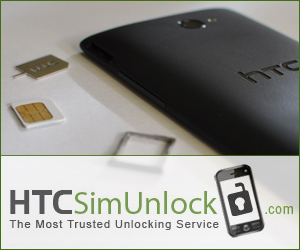



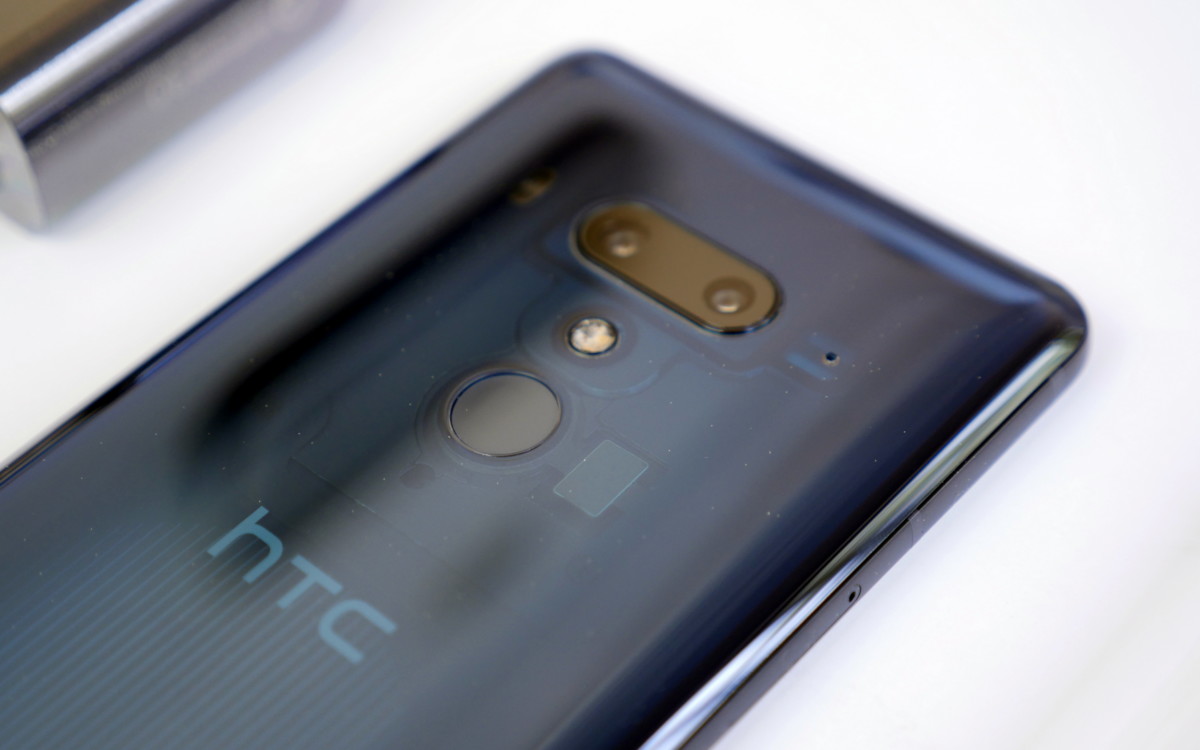
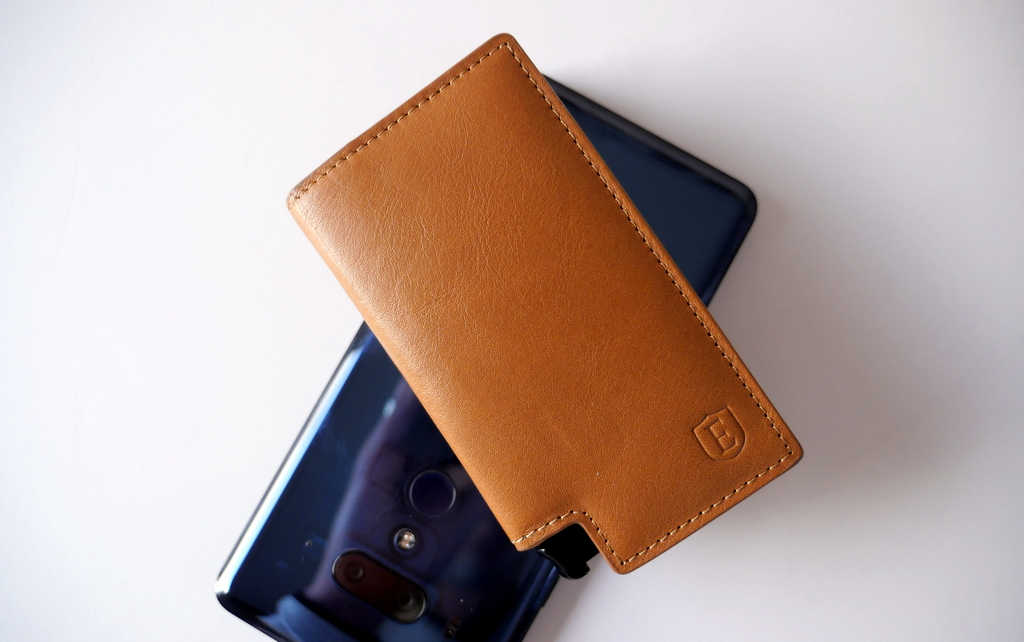


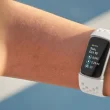
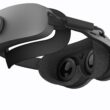
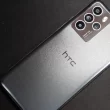
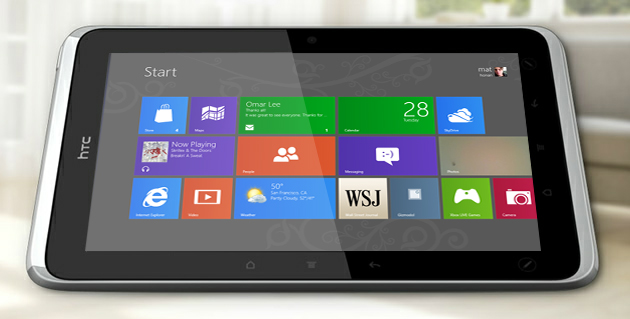




I can sort of agree with Microsoft. HTC need to sort out their existing tablets not design newer versions. Having confirmed that they will not be updating the Flyer or Jetstream to ICS even though they can support the update. HTC need to wake up and start to listen to its customers. I love HTC but they need to look back at themselfs and give what their customers have paid hard cash for a device that is upto date.
Imagine if HTC actually did that? What a difference, probably rocket them out of the mess they’ve created back into the company they should be… But, alas, this is planet Earth and reality after all.
I think htc would make a great tablet if they really put their minds to it.
HTC shoud come out with Full Windows 8 for the Jetstream and ALL future Tablets. What HTC can do to make nice with Microsoft is to make Windows 8 Tablets that Far Surpass Microsoft’s requirements for what Microsoft sets for All Tablets.
HTC can come out with a tablet that has a Dual to Quad Core 2.5GHZ or higher CPU, 4 to 8GB RAM, 64 to 128GB Storage, True World Band Tablet like their Cell phones, LTE future proof, Micro SDXC Card Slot, 802.11AC WiFi that’s backwards compatable, Bluetooth 4.0, HDMI 2.0, USB 4.0, 5.1 THX Certified Surround Sound, 4,5000 or 5,000MAH Tin NanoWisker Li-Po Battery, and Corning Willow Glass.
if HTC would make a Windows 8 Tablet with anything that comes close to these specs, Microsoft might change their mind, because HTC would have a Tablet on the Market that eeryone else would be in awe of and also be blindsided by. Everyone else would be scrambeling to play catchup with HTC if thy could make a Tablet with these specs. Eventually all of this will be common place in the Tablet Market. Some things will just take a bit longer than others, but they will come.
My dear friend, Microsoft is a dictator, it doesn’t need the htc sense on the tablet , it wants some one to have its bad wall forced on every one forgetting that HTC made the best Windows phone ever the hd2.
Guess one can’t blame Microsoft for not wanting to collaborate with HTC, seeing that HTC themselves hardly making an effort to sell the Flyer globally, let alone the 10.1″ Jetstream, which I haven’t even seen for myself.
In Malaysia where I’m from, the undisputed Android tablet champ is none other than Samsung. HTC tried to play the exclusive brand game by pricing the Flyer to their liking, while Samsung literally flooded the local market with the original 7″ Galaxy Tab and relentlessly adding newer and affordable models frequently to the extent of making even local Apple dealers nervous.
Samsung also spent a lot on advertising and promoting their tablets in shopping malls everywhere, while HTC never even bothered to spend money on advertising the Flyer. While HTC smartphones are readily available, finding a dealer in Malaysia that sells the Flyer is like looking for the proverbial needle in a haystack.
Last year, I chanced upon the HTC Flyer being sold by a duty free retailer at the Changi Airport in Singapore and promptly bought it just literally before boarding my flight back home. That’s such an irony, given that Singapore is the shopper’s haven for electronic gadgets, I couldn’t find a single electronics store along the famous Orchard Road that sold the Flyer either.
When I got home and brought the Flyer around, people have actually asked me what kind of tablet it was and they were surprised to learn that it was an HTC. Apparently they’ve never heard of the Flyer, let alone seen one. I later found out that the Flyer seems to be popular in the U.S. (especially the WiFi-only, Best Buy version) but not in Southeast Asia.
The Flyer is so rare in my country that so far, I’ve seen only one other person using it in public and have recently found just a HTC dealer that sells the Flyer. When I asked the sales assistant, he said that his store only brought in ten units of the Flyer and so far managed to sell eight. Of all the HTC products that he sold, the Flyer was the slowest selling of them all.
Compared to the HTC Flyer, the Asus’ Transformer Prime is much easier to be found in stores and so is the Acer Iconia. Word has it that the local HTC distributor was unwilling to pit the Flyer against the Galaxy Tab because they would be taking a loss if they did so – at least, not at Samsung’s more competitive prices.
And don’t get me started on the fact that mine came shipped with Gingerbread, while Samsung’s Galaxy Tabs were already on Honeycomb OS. I had to root my Flyer to use LeeDroid’s ROM in order to enjoy using Honeycomb, because I gave up on waiting for HTC to issue their official OTA Honeycomb release.
Technology wise, I think HTC has the means to develop their tablets further but seeing their dismal worldwide sales and distribution (not to mention software support) of their Android based Flyer and Jetstream, it’s small wonder that Microsoft prefers not to deal with HTC for the Windows RT platform.
For Microsoft, it’s the numbers game and I won’t be surprised if they decide to collaborate with Samsung instead.